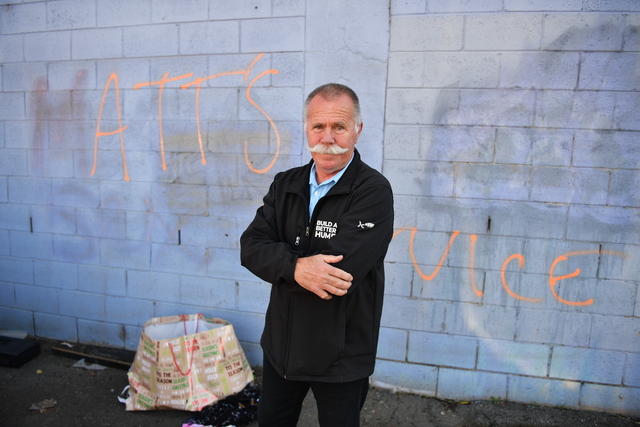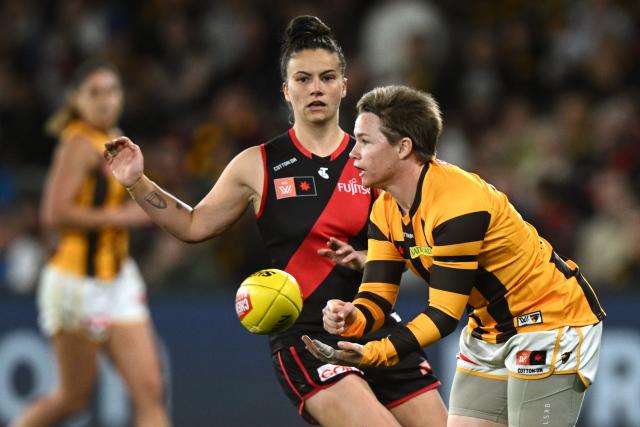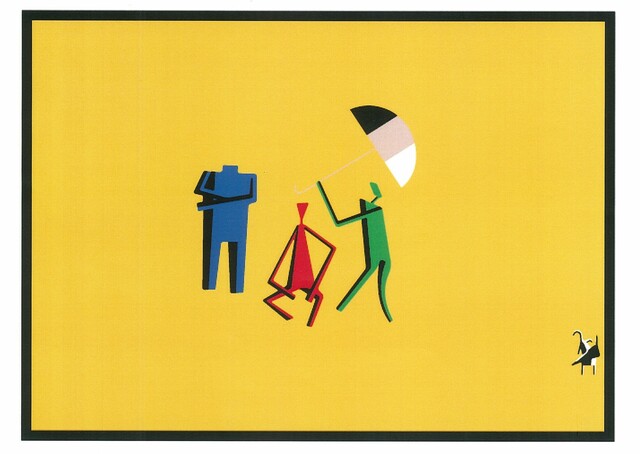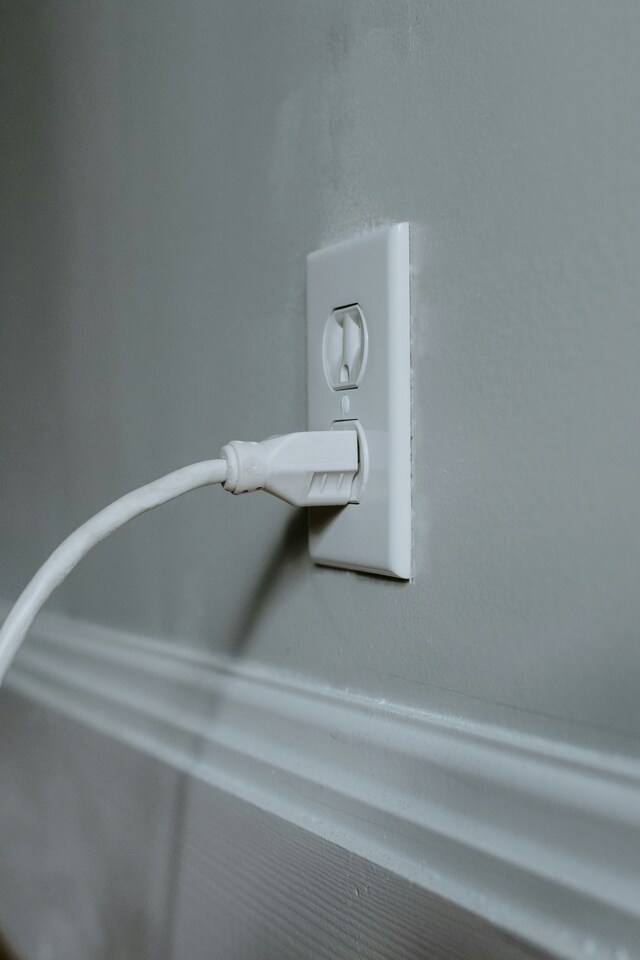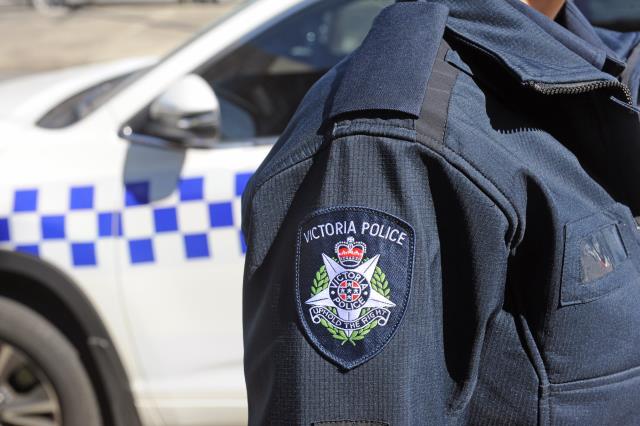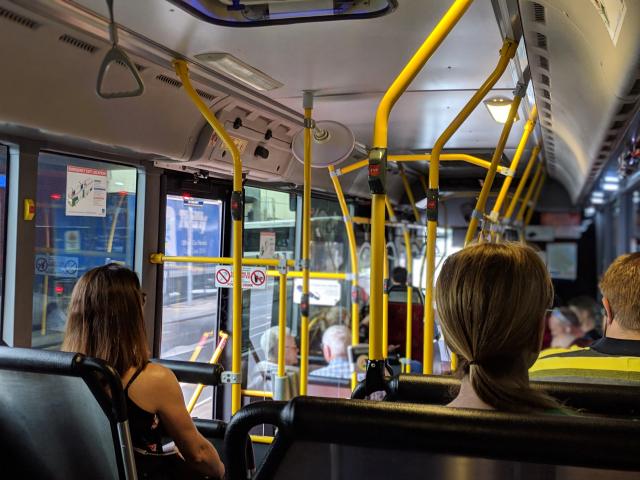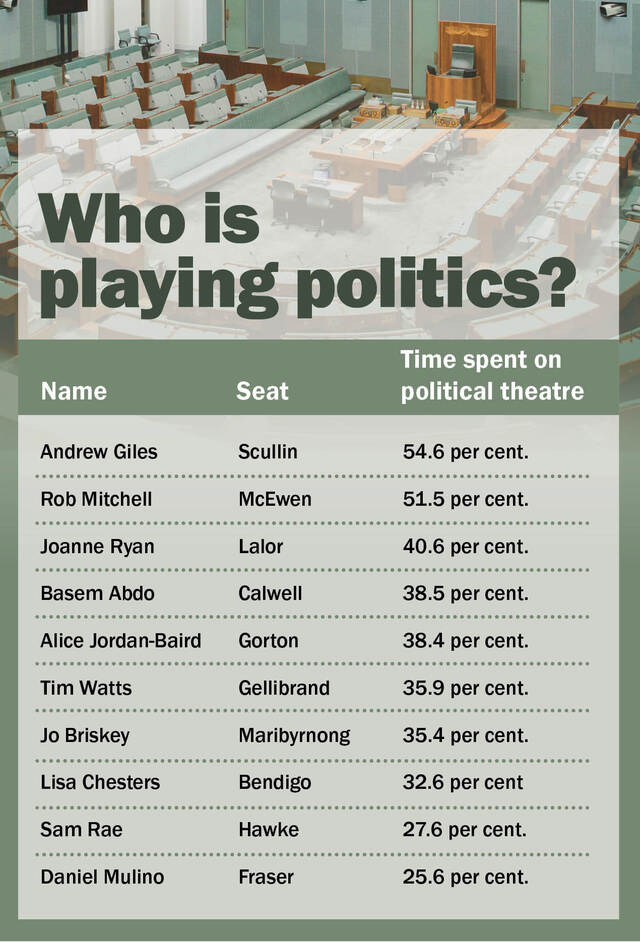Hume Council is continuing its battle with graffiti, as it explores the most effective method and processes for the removal of graffiti on private land.
At its meeting on May 29, council moved a motion to consider appointing an authorised officer to remove graffiti as quickly as possible.
Councillor Jack Medcraft said tribulations with graffiti throughout Hume have been ongoing for an extended period of time, and he, like many others in the community, is fed up.
“It’s a very frustrating criminal act,” he said.
“I think the legislators didn’t really take it too seriously when they put legislation in place.
“We’ve got a ridiculous situation now where a property can be graffitied … with obscene items put up there, but we need approval from the landowner before we can remove it from the back of a building.
“You leave it up for more than two days, it gives them gratification, and others will come along and try to beat it.
“If you want your city covered in graffiti, leave it as it is. But I think we need to take things seriously, and treat this as a criminal act.
Cr Jarrod Bell echoed the sentiments, and is unhappy with an increase of graffiti of hateful and discriminatory nature, such as anti-Semitic and homophobic depictions.
“It is our mission, it is our duty, to remove this filth as soon as we possibly can because any hate in our city is never welcome,” he said.
Currently, to remove graffiti from private land that can be accessed from public land, council is required to receive written permission from the property owner and where this can’t be achieved and graffiti is deemed offensive, then provide written notice that gives 28 days notice to the owner or occupier.
In circumstances where the graffiti is on private land and can only be accessed from private land then a similar process is required, plus council is required to have an ‘authorised officer’ to be able to enter the land.
Council said this process is time consuming and limits the ability to effectively remove any offensive graffiti that while on private land might be quite publicly visible.
Cr Joseph Haweil said the impact of graffiti has been concerning, and the difficulties surrounding removal on state and /1

